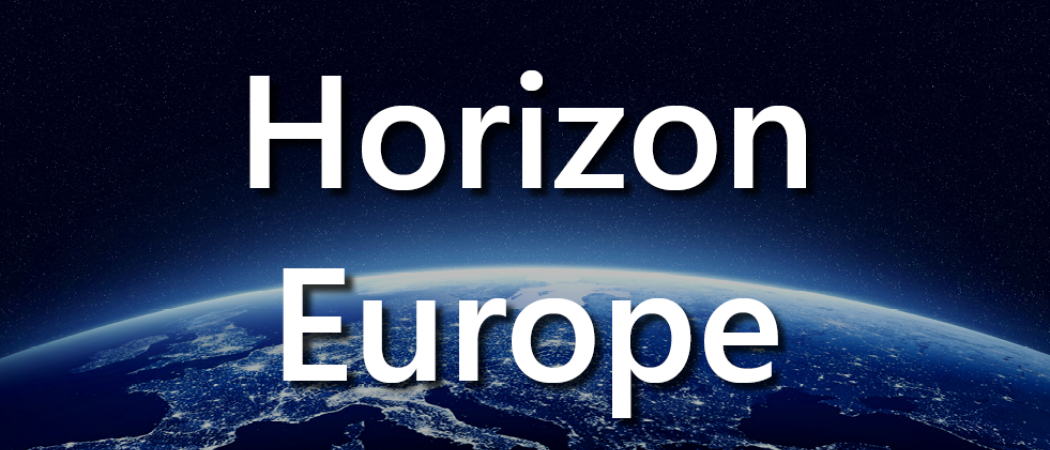New document shows how research will fit incoming Commission president’s top-line goals – but will it win more money for the programme?

The European Commission, struggling for political support for its next research programme, is proposing ways it could help solve some of EU leaders’ top-priority problems – including climate change, migration and social media ‘fake news’.
In draft documents obtained by Science|Business, the Commission outlines a series of “targeted impacts” at which its proposed €94.1 billion Horizon Europe programme will aim through the 2020s.
The targets don’t change how the Commission would spend the money; that was already agreed with the EU Council and Parliament in April. But they do present the first coherent political rationale for why the money should be spent in the first place, and in doing so they pick up on the most recent worries of EU leaders – including incoming Commission President Ursula von der Leyen.
In this telling, the documents suggest, Horizon Europe isn’t just a subsidy for labs and technology. Instead, it will take concrete steps to combat climate change, which von der Leyen in July called “our generation’s defining task.” It will also support EU efforts to strengthen democracies, manage mass migrations and advance prosperity. For all of them, the Commission argues, Horizon is a key contributor.
“These daunting challenges call for a radical new approach for developing and deploying new technologies and innovative solutions for citizens and the planet on a scale and at a speed never achieved before,” says one of the documents, labelled “Orientations towards the first Strategic Plan for Horizon Europe.”
The budget argument
Whether the Commission’s arguments will succeed is an open question. EU leaders meeting last week in Brussels were at odds over the size and priorities of the next seven-year budget cycle – with the biggest budget contributors such as Germany and the Netherlands blocking the Commission’s first proposals as too costly. The latest attempted compromise, advanced by the Finnish government as current president of the EU Council, would entail cutting back the Commission’s plans for research and several other spending categories.
In arguing for the research money, the Commission has always been hampered by the perception among finance ministries that it’s all just another subsidy for a privileged segment of society: academics and tech companies. The latest documents appear aimed at combatting that, by recasting the entire programme as a direct route to delivering on political priorities.
The documents, dated 23 October, follow a four-month period of the Commission inviting public comment on its Horizon plans – both online, and in a three-day jamboree of nearly 4,000 R&D community leaders visiting Brussels last month. This “strategic planning” process was ordered as part of the tentative legislative deal in April to proceed with the programme. But in that deal, the key question – how much money – was left for agreement next year.
Touchy political issues
The document organises research to fit von der Leyen’s top line political goals – some of which have already caused early consternation over their wording and political connotations.
Top of the incoming president’s agenda are the “European green deal”, a “Europe fit for the digital age”, “an economy that works for people” and “a stronger Europe in the world”. The German’s other main ambitions, to “protect our European way of life”, and make “a new push for European democracy”, have attracted attention and criticism.
The suggestion from von der Leyen that the European way of life needs protection has already drawn fire, with some objecting to the apparent implication that migration poses a threat to Europe.
The new Commission text says Horizon Europe will contribute to research around the integration of migrants in European society, with a view to better understanding welfare, education, skills and housing needs.
The scourge of fake news will also be tackled, with the document saying research can help “understand the role of media in fostering or inhibiting political dialogue.”
Another political hot potato is democratic backsliding. The European Commission has been at war with the Polish and Hungarian governments over this issue, with both countries facing EU disciplinary procedures over “rule of law” concerns.
The document says research should contribute broadly to the development of policies that expand political participation and civic engagement, enhance accountability and legitimacy, protect rights and the rule of law and help restore trust in democratic institutions.
There is subtle acknowledgement that Europe faces these problems close to home. “Political distrust, polarising discourses, lower electoral participation and populist narratives that reject the idea of an open society manifest themselves in Europe and beyond,” the document reads.





 A unique international forum for public research organisations and companies to connect their external engagement with strategic interests around their R&D system.
A unique international forum for public research organisations and companies to connect their external engagement with strategic interests around their R&D system.